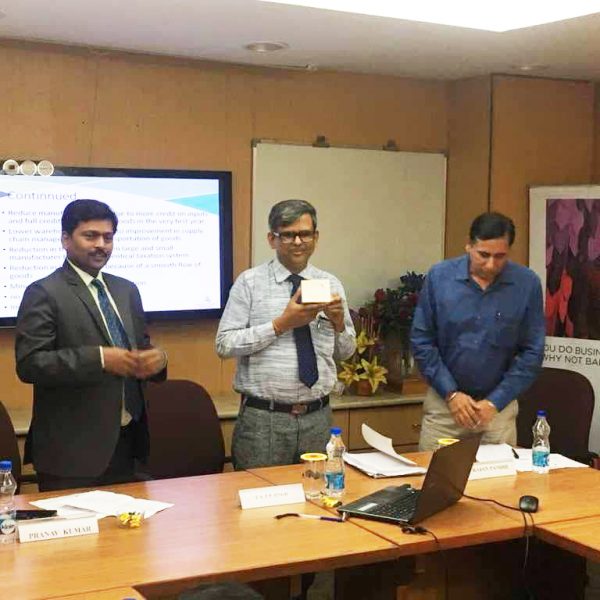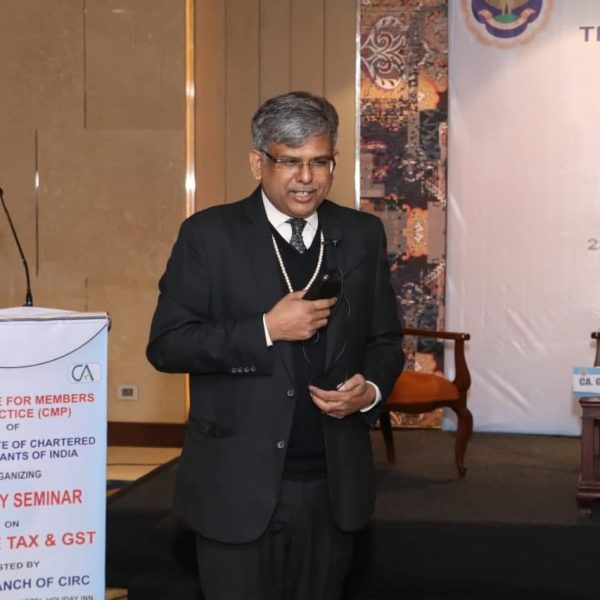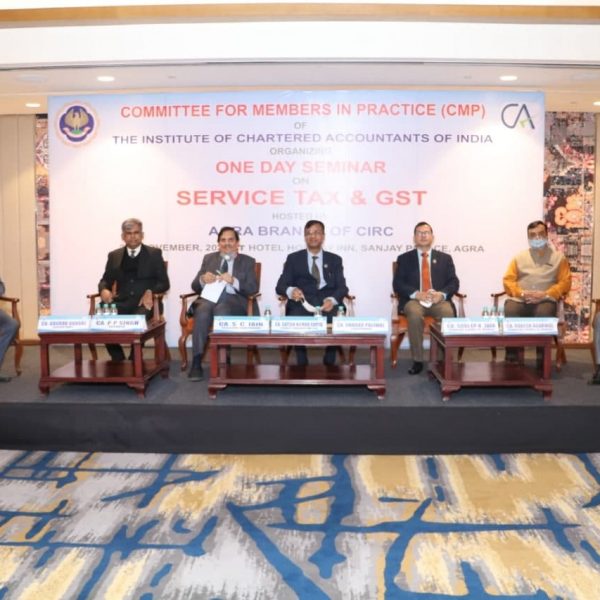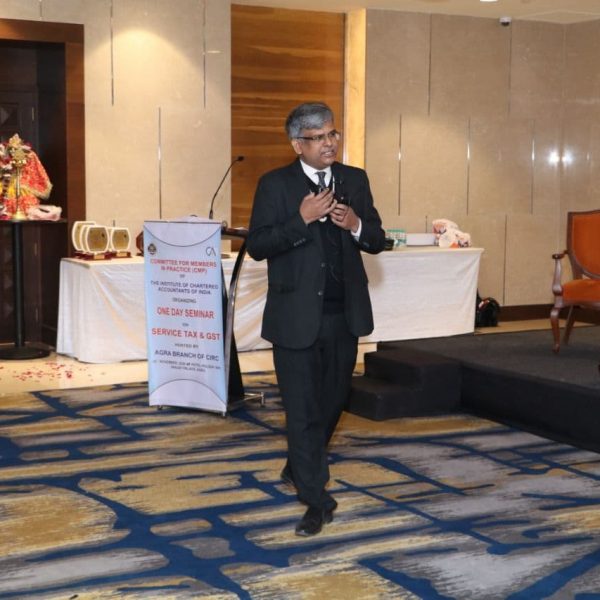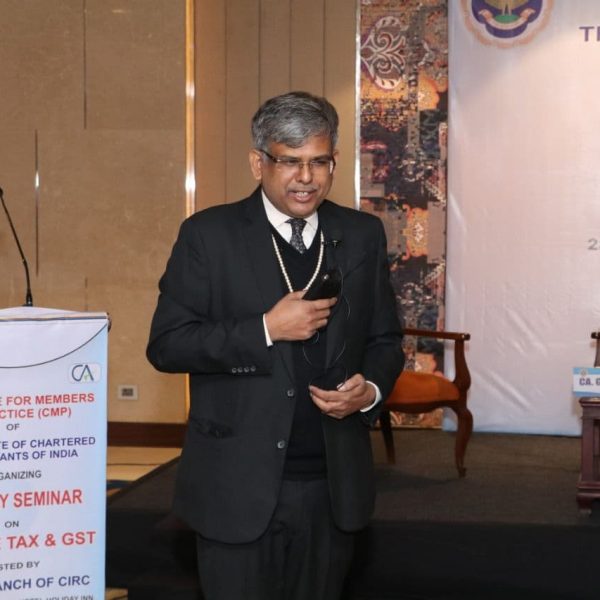Civil and political rights in the the Indian constitution and American constitution and comparision thereof.
Civil and political rights guaranteed under the Indian Constitution?
The Preamble of the Indian constitution promised
- Justice, (social, economic and political);
- Liberty of thought, expression, belief, faith and worship;
- Equality of status and opportunity and
- to promote among all Fraternity assuring the dignity of the individual and
- the unity and integrity of the Nation.
Fundamental Rights in the United States and in India
The modern trend of guaranteeing fundamental rights to the people may be traced to the Constitution of the USA.
- The original constitution of USA was drafted in the year 1787 and that did not contain any fundamental right.
- There was trenchant criticism of the US Constitution on this point.
- Following the spirit of the Magna Carta of the British and the Declaration of the Rights of Man and the citizens of France, the Americans incorporated the Bill of Rights in their Constitution in the year 1791 in the form of first ten amendments and thus the Americans were the first to give the Bill of Rights a constitutional status.
In India, a few good reasons made the enunciation of the fundamental rights in the Constitution rather inevitable.
- Firstly, the main political party, the Congress, had for long been demanding these rights against British rule.
- During the British rule in India, human rights were violated by the rulers on a very wide scale.
- Therefore, the framers of the Constitution, many of whom had suffered incarceration(means imprisonment) during the British regime, had a very positive attitude towards these rights to be inbuilt in the constitution itself. .
- Secondly, Indian society is fragmented into many religions, cultural and linguistic groups and it was necessary to declare fundamental rights to give to the people a sense of security and confidence, brotherhood etc.
Comparison of civil/ Fundamental Rights in India and USA
- Freedom of press is explicitly given under the First Amendment in the US Constitution , while in India it is implicit in freedom of speech and expression under Article 19(1)(a).
- Petition to the Supreme Court under A-32 is a fundamental right in India, whereas in the US, it is the government that is petitioned (in case of US, the word “government” has a wider connotation and encompasses not only the executive, but also the higher judiciary).
- Under the Second Amendment of the US Constitution, the right to Keep & bear arms is a fundamental right while in India the situation is totally different because there is no such fundamental right, keeping arms in India are strictly regulated.
- In the United States, no person’s life and liberty can be deprived without following the due process of law, in India on the other hand the life and personal liberty can be taken away only according to the procedure established by law.
- In India, Right of Property is not a fundamental right after amendment in the year 1978 , but in the United States it still remains a fundamental right . no property can be taken away without just compensation.
- Further, the 8th Amendment to the US Constitution says that bail shall not be denied to an accused, the imposed fine should not be excessive and inflicted punishment shall not be cruel. These rights are also made available to Indian people because of well-established precedents pronounced by the Supreme Court under Article 21.
- Furthermore, the Ninth Amendment of the United States Constitution provides that absence of certain rights from the Constitution or statutes does not mean that people do not have these rights, this is in consonance with Locke’s theory. In India, there is no such article which means that Indians only enjoy the rights that are provided for in statute books, this is in line with the theories propounded by Austin and Bentham.
- In India Equality before law and equal protection of law in A-14 but in USA only equal Protection of law. Equality before law means subject to the same laws and procedures. it prohibits arbitrary discrimination by state. India has adopted affirmative action policies such as reservation in Educational institutions and employment for OBC / ST/SC, protection of Dalit rights, women rights, advocacy for transgender. In contrast, the right to equality is protected under the equal protection clause, which means entitlement to equal treatment and prohibits discrimination by the government based on race, colour, religion, sex or national origin. The civil rights movement helped in removing racial segregation.
- landmark SC Judgment of USA in Obergefell. Vs. Hodges legalized same sex marriage nationwide, and laws has been enacted to protect LGBTQ + individuals from discrimination in employment, Public accommodation etc. but in India same sex marriage is not allowed as per recent SC Judgement in the case of supriyo chakarborti & Abay Dang Vs UOI (2023)(SC) decided by 3:2 but freedom to Government to make law on this subject. Although it is allowed in 33 other Countries. recently Supreme court has allowed reservations for transgender . in spite of that Still systematic racism, Socioeconomic disparities and discrimination against marginalized communities. Besides the Provision in the Constitution by 14th Amendments, there are other laws such as Civil rights Act 1964, voting rights Act 1965 and the American with disabilities Act to ensure equal treatment and Protection across different aspects of life.
- Right to free & compulsory education to all children from 6 years up to 14 years of age is a fundamental right under A – 21 A in India but in the USA education is not a fundamental right.
Conclusion: It is elementary knowledge that many of the rights that are present in the Indian Constitution have been borrowed from the Constitution of the United States. In addition, some of the rights that were explicit in the US Constitution were brought in by way of various Supreme Court judgements. However, it must be noticed that the United States Constitution is very rigid which is evident from the fact that it has been amended only 27 times in the last 225 years while the number of amendments in the Indian Constitution in the last 70 years is proof of its flexibility.


